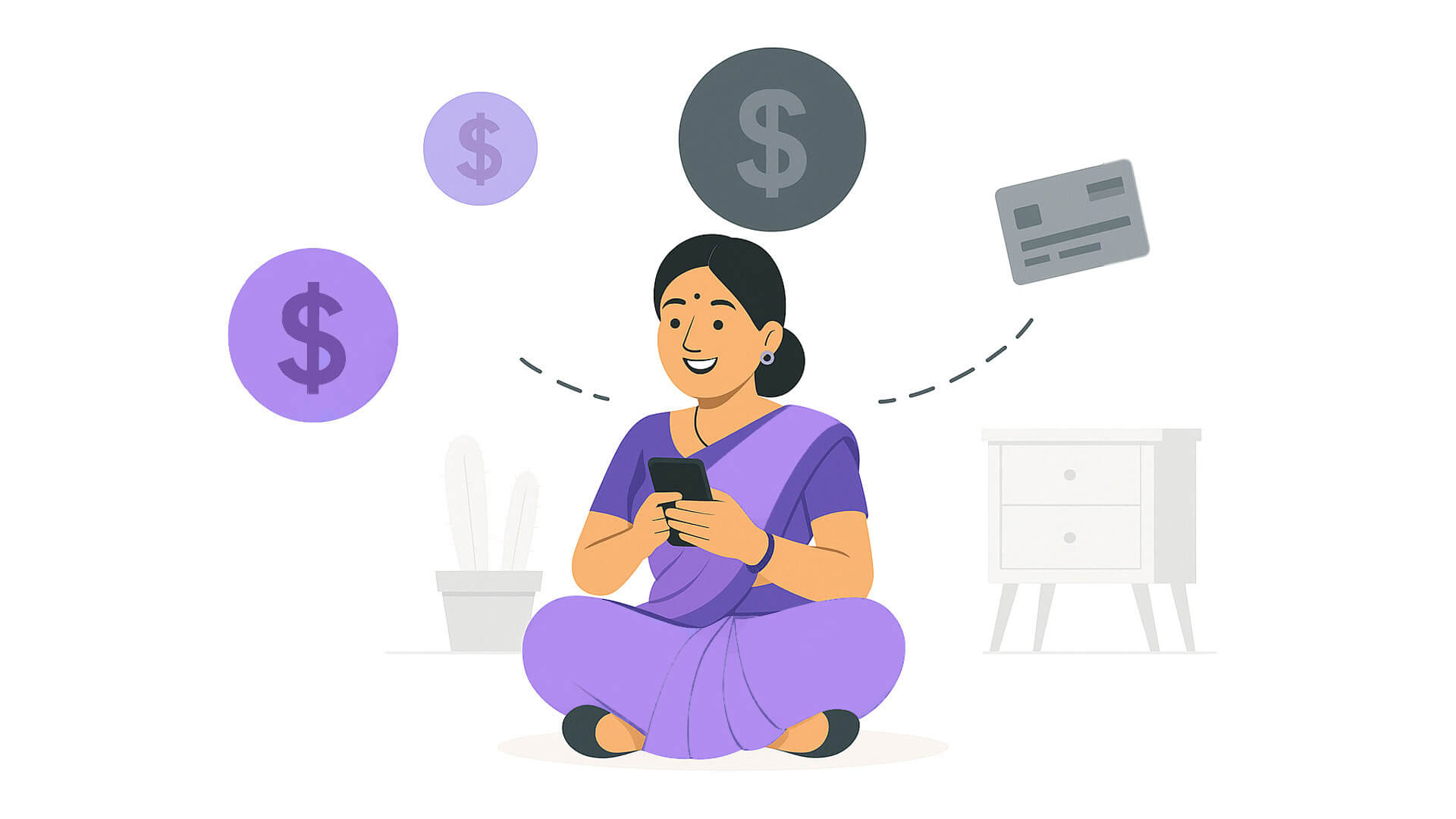Post date
Mar 20, 2025
Post date
Mar 20, 2025

If you have multiple debts—credit cards, personal loans, or car loans—managing different payments and interest rates can be overwhelming.
Debt consolidation allows you to combine multiple debts into one loan, potentially reducing interest rates and making repayments easier.
But is it the right move for you? Let’s explore the pros and cons of debt consolidation.
✅ Lower interest rates – A consolidated loan may offer a lower rate than credit cards or multiple loans.
✅ Easier repayments – Instead of juggling multiple debts, you make one fixed monthly payment.
📌 Best for:
People struggling with multiple high-interest debts.
Those looking to simplify financial management.
⚠️ May extend your repayment period – Lower monthly payments can mean paying more interest over time.
⚠️ Fees and costs – Some loans have processing fees or penalties for early repayment.
⚠️ Requires discipline – If you continue borrowing after consolidating, debt could grow again.
📌 Not ideal for:
People who have a habit of taking on more debt after consolidation.
Those with debts that can be paid off quickly without a new loan.
Factor | Good for debt consolidation? |
High-interest debts | ✅ Yes – if you can secure a lower rate |
Multiple repayment dates | ✅ Yes – if you need simpler payments |
Short-term debt that can be paid off quickly | ❌ No – better to pay it off without consolidating |
Poor spending habits | ❌ No – may lead to more debt accumulation |
✔ Consolidate debt if it reduces your interest rate and simplifies payments.
✔ Avoid consolidation if it will cost more in the long run or encourage new borrowing habits.
If you’re considering debt consolidation, compare options carefully and speak to a financial expert before making a decision